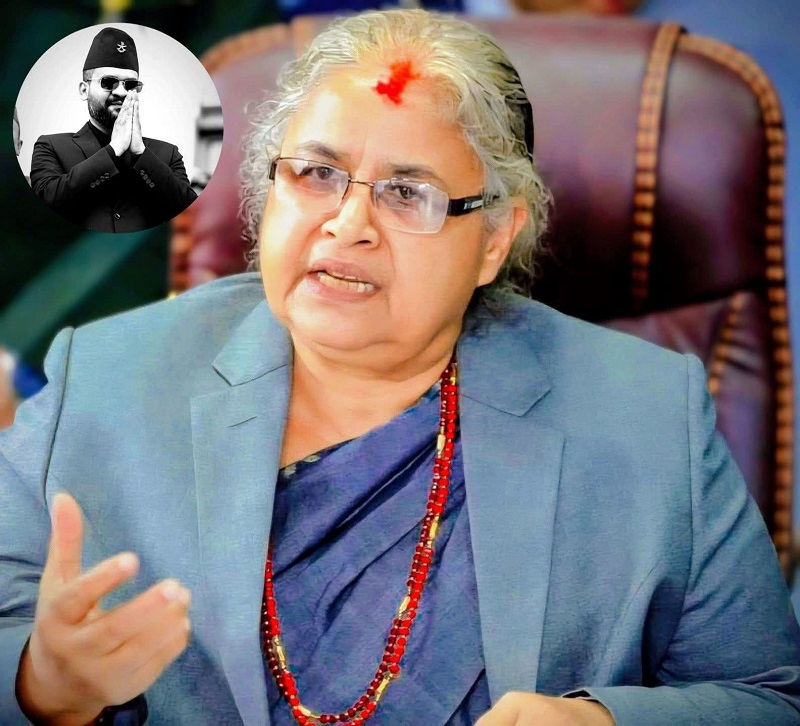Gen-Z Uprising: Nepal’s Youth Demand Parliament Dissolution & Leadership Change
11th September 2025, Kathmandu
A new and powerful force is shaking up the political landscape of Nepal: the Gen-Z generation. Fed up with long-standing corruption, political instability, and a lack of opportunity, this youth-led movement is demanding radical change.
Gen-Z Uprising
Their key demands, made public at a recent press conference by the group “We Nepalese,” signal a significant shift in the country’s political dynamics.
The Gen-Z Movement: A Call for Systemic Change
At the heart of the Gen-Z uprising is a call to dismantle the current political system. Led by figures like Sudan Gurung, the president of ‘We Nepalese,’ the movement’s demands are clear and non-negotiable:
Parliament Dissolution:
The top priority is the dissolution of the current Parliament. The group believes that this is the necessary first step before any meaningful political reform can take place.
This demand reflects a deep-seated distrust in the existing legislative body and its members.
Leadership of Sushila Karki:
The movement has rallied behind former Chief Justice Sushila Karki to lead a new, interim government. Known for her strong stance against corruption, Karki has reportedly accepted the role. This choice of a respected technocrat over a traditional politician highlights the Gen-Z generation’s desire for a government free from political baggage and nepotism.
Gen-Z Oversight:
In a groundbreaking move, the movement insists on forming a cabinet that aligns with their goals and will be under their direct supervision.
This unprecedented demand for monitoring the government is intended to ensure transparency and accountability, holding the new leadership to a high standard of governance.
The Spark that Ignited the Uprising
While the movement’s demands are broad and systemic, the immediate catalyst for the protests was the government’s controversial ban on several social media platforms.
For a generation that lives and organizes online, this move was seen as a direct attack on their freedom of expression. This, combined with viral social media campaigns exposing the lavish lifestyles of “Nepo Kids” (children of politicians) amidst widespread poverty, fueled the public’s outrage.
The protests, which began as peaceful rallies, quickly escalated as they were met with a heavy-handed response from security forces. The violence, which has resulted in casualties, has only strengthened the resolve of the protesters. The resignation of the Prime Minister and other key officials underscores the immense pressure the movement has exerted on the political establishment.
What Lies Ahead for Nepal?
The active engagement of Nepal’s youth in politics marks a pivotal moment in the nation’s history. This movement is not just about a change in leadership; it is about a fundamental shift in the way the country is governed. The Gen-Z generation is demanding an end to the political instability, a new era of good governance, and a future free from corruption.
The path forward is uncertain, as constitutional processes are at a crossroads. However, the energy and determination of this new political force have opened a new chapter for Nepal, one that promises to be defined by youth empowerment and a relentless pursuit of a better future.
For more: Gen-Z Uprising







